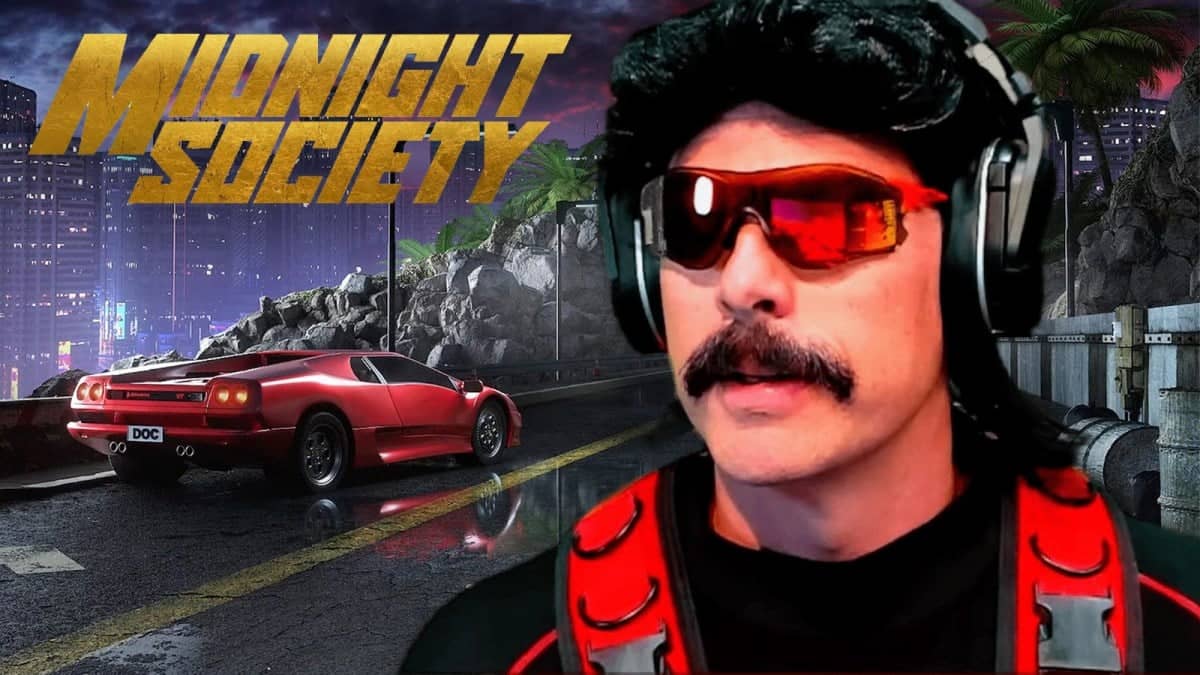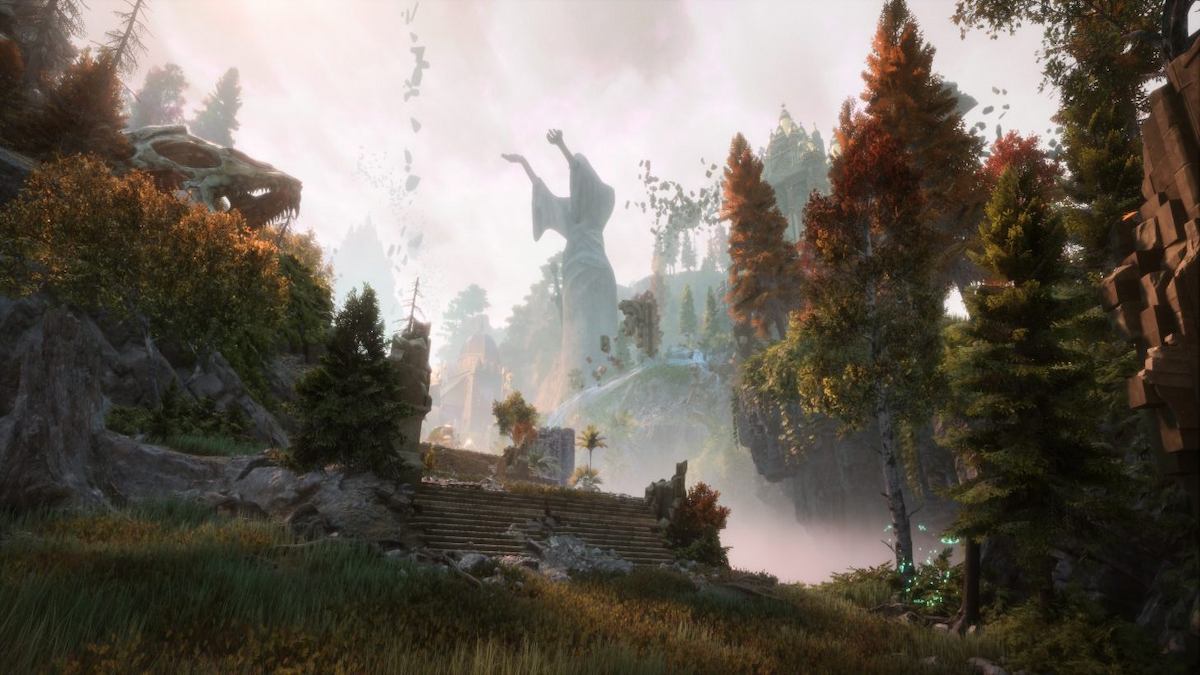Just a few years ago, your average professional player of the game Quake, the one-time king of first-person shooters, may have spent the night before a major tournament in his car. The next morning, he’d haul a grey computer monitor into a dingy hotel basement to compete against others just like him for a few hundred dollars in prize money and a chance to compete at the highest level.
Now, professional gaming, or eSports, is selling out major sports arenas and awarding millions of dollars in prize money. But in spite of the industry’s ability to transcend geography and nationality, it remains volatile.

High-profile investors flee from the scene during downturns, only to return during peaks. In the valleys between, a small but dedicated few have remained, driving the industry to its next, seemingly inevitable upswing in popularity.
The manic nature of the industry has made it incredibly difficult to attract non-endemic sponsorship. ESports teams, professional leagues, and individual players fight tooth and nail to squeeze profit from their passion but rarely claw their way into the black. Even League of Legends, the world’s most-played PC game, struggles to turn a profit in the eSports industry.
“We lose a lot of money on eSports.” Mark Merrill, the president and cofounder of Riot Games, told the press in October of 2012.
“It’s not something, currently, that we do to drive return or profitability or whatnot. It’s bringing value to our players. Maybe, down the road, that will change. If we bring value to our players, they’ll reward us with engagement.”
As recently as August of this year, the company’s head of eSports, Dustin Beck, once again acknowledged that Riot is “not making money” in eSports.
Now, League of Legends has secured what is perhaps the most sought after prize in the industry—a long-term sponsorship from Coca-Cola. Coke Zero will sponsor a competitive league for up-and-coming players looking to make a splash in professional circles, called the LCS-lite. The amount of funding provided by Coca-Cola has not been disclosed.
Coke has been backing eSports events since as early as 2001, when it sponsored a competition called the Coca-Cola Ongamenet StarLeague in South Korea. But the company is now clearly betting that the eSports industry is on its way to an even larger explosion in popularity and visibility.
“ESports is at a point now where the company feels like it’s time to move into the industry,” Matt Wolf, Coca-Cola’s global head of gaming, told the Daily Dot. “There are several signs that show that this is real, it’s sustainable, and the growth is astronomical.
“We’re looking at it as a sustainable platform. We’re looking at partnership with Riot as an amazing first step into that world. It’s not far afoot to say that eSports, as it stands, is the biggest sport that people have never heard of.”
Wolf also noted that eSports’s international nature makes it an attractive investment for companies marketing a global brand. Unlike some traditional sports like American football or, to a lesser extent, baseball, eSports transcends national identity and reaches a multinational demographic. Every eSport, from League of Legends to StarCraft 2, sees competitors from all over Europe, North America, and Asia.
“[Coke] is a global brand, obviously that’s important to them,” said Marcus “djWheat” Graham, something of an eSports’s elder statesmen and an expert on the industry. “But StarCraft has been more global than League of Legends and has been for 15 years.”
Graham has been involved as a player, commentator, and broadcaster since the humble early years of eSports, beginning in the late ‘90s as a top-ranked Quake player and caster. And he doesn’t necessarily see traditional sponsorship as the financial saviours of eSports.
“Let’s not focus on TV and traditional advertising, let’s get behind [online streaming platforms like] Twitch,” said Graham, who also works for Twitch as their eSports manager. “There is no reason why eSports profitability has to be tied to traditional sponsorships and advertising.”
…
Riot’s League of Legends Championship Series is organized at the corporate level and funded by company earnings. That’s quite distinct from the populist, grassroots origins of professional gaming. This more insular model for the eSports industry has left some skeptical of Riot’s success.
“ESports isn’t profitable for Riot. That is absolutely the case,” Graham said. “Riot got into this knowing they were going to lose money.”
“They could write off every dollar they spend on eSports as marketing. I’d call them liars if they said eSports wasn’t moving their needle a little bit, but how can you gauge that? How can you get statistics?” It’s extremely possible that in three years, Riot will evaluate their ‘investment’ and say, ‘Hey, we’ve been hemorrhaging money on eSports and it’s time to cut the cord.”
Coke, not surprisingly, seems confident they’re not about to lose money. Riot’s ability to reach an elusive demographic will continue to attract investment, Wolf said.
“When you only consider Riot’s latest published numbers in a vacuum, they’re well north of 30 million active players spending over 2.5 billion hours a month on this game.”
What makes the game especially attractive to Coke, Wolf added, is the its dual nature. There are the people playing League of Legends for fun, and then there are people playing for money and attracting millions of viewers to their matches.
“We get to engage with players in different forms and in a lot of different, meaningful ways,” he said.
Overlooking the possible pitfalls, Graham still acknowledges that what’s good for Riot is good for eSports as a whole
“I’d like to believe that Riot’s initiatives will trickle down. Where will Pepsi go? Maybe to a popular team? Maybe to other games? I do feel like the partnership between Riot and Coke will serve as a catalyst for other major companies to take a closer look at eSports.”
Other major brands have, in fact, tried theirs hands at eSports. Pepsi sponsored the Korean Pro Gaming Association’s StarCraft: Brood War League in 2002 and also affixed its brand to the Global StarCraft 2 League in 2011.
But in spite of Riot’s ability to attract non-endemic sponsors, Graham argues that independent eSports organizations—and not corporate game developers—are ultimately better equipped to find financial stability in the industry.
“Riot isn’t holding up eSports on its back,” he said.
“I firmly believe that teams and players are now the most profitable eSports organizations. They have lower overhead and a lot of flexibility to please sponsors. Some of these organizations are actually making some money. Not a ton, but it’s something.”
…
Joining the ranks of a select few eSports organizations, Riot has built a professional gaming platform that didn’t need profitability to convince a sponsor to get on board. Given the widespread popularity and success of League of Legends, why does non-endemic sponsorship remain so elusive in the rest of the industry?
Coke was quick to point to Riot’s skill in event production and global reach as a major selling point.
“I couldn’t even do their productions justice in explaining them to you,” Wolf said. “The way that it’s proliferating is going beyond what most people think of it today. It’s growing. Since Coke is a global brand, we see value in the global nature of eSports.”

In terms of profitability, Riot eSports still only serves as a marketing investment that is losing money in the short term—even with support from one of the most recognizable corporate brands in the world. Other organizations are still fighting tooth and nail to stay out of the red. Take, for instance, Major League Gaming (MLG), one of the West’s largest independent eSports leagues. MLG is on the front lines of the industry when it comes to experimenting with different models and new methods to raise the profile of eSports.
As a privately held corporation, MLG keeps revenue figures and statistics private. But it’s occasionally candid when speaking generally about their successes and failures.
“There’s not a tremendous amount of profit being made. I’m saying that because it’s reality,” MLG’s CEO Sundance DiGiovanni said in an interview with ESFI last year. “We’ve been doing this for quite a while and we do about $20 million in revenue. But we’re spending, investing a lot as well.”
Fifteen years of volatility doesn’t create longevity in any industry. Still, eSports has continually refused to fade away, returning stronger and more visible—even after experiencing a relatively significant downturn.
Perhaps the next industry surge will finally start lining the pockets of the industry’s corporate masters, while its stars will continue work for a relatively decent living playing games.
And conveniently enough, getting paid to play video games is still probably the best job in the world.
Illustration by Max Fleishman





Published: Dec 10, 2013 07:00 am